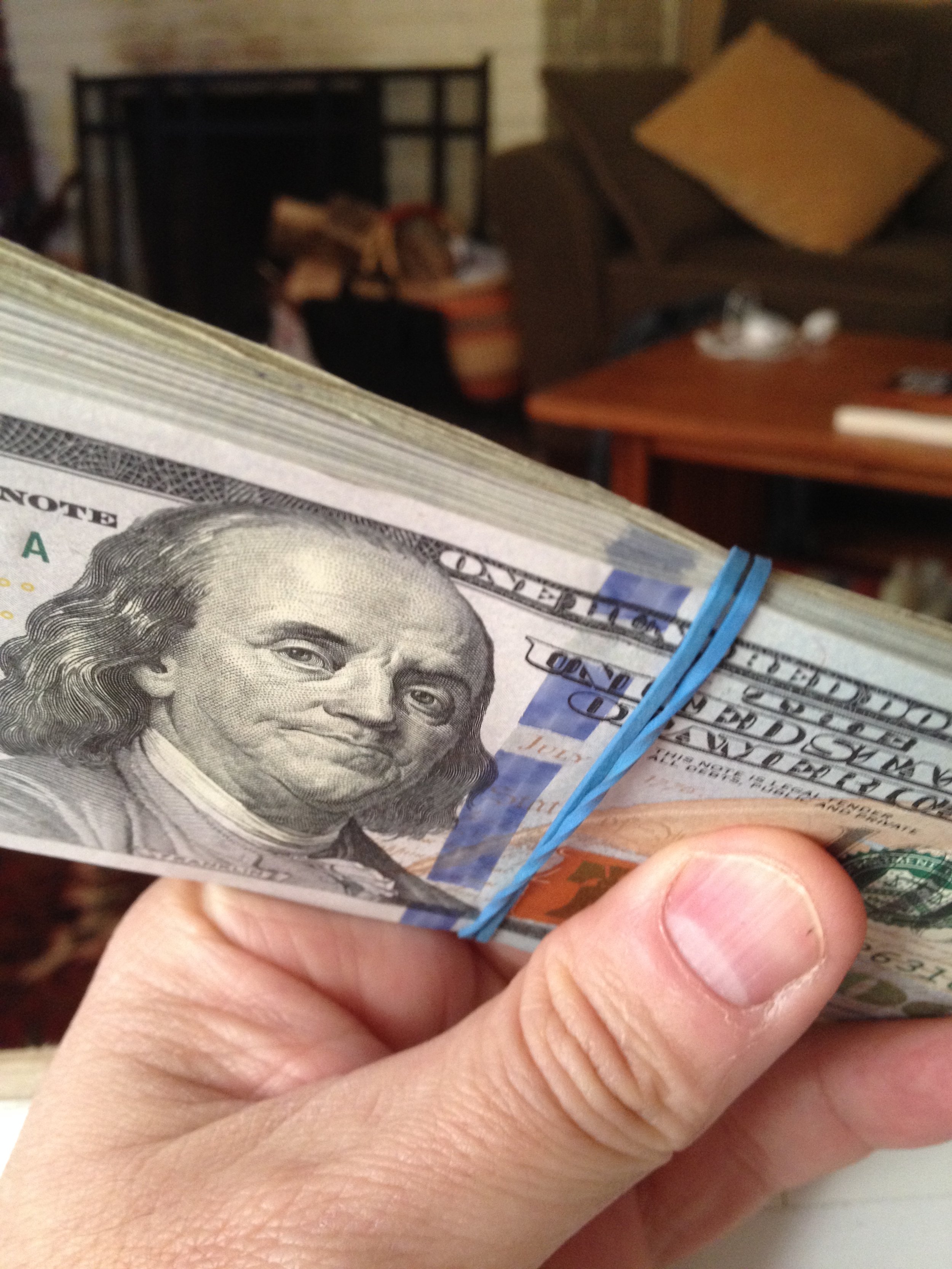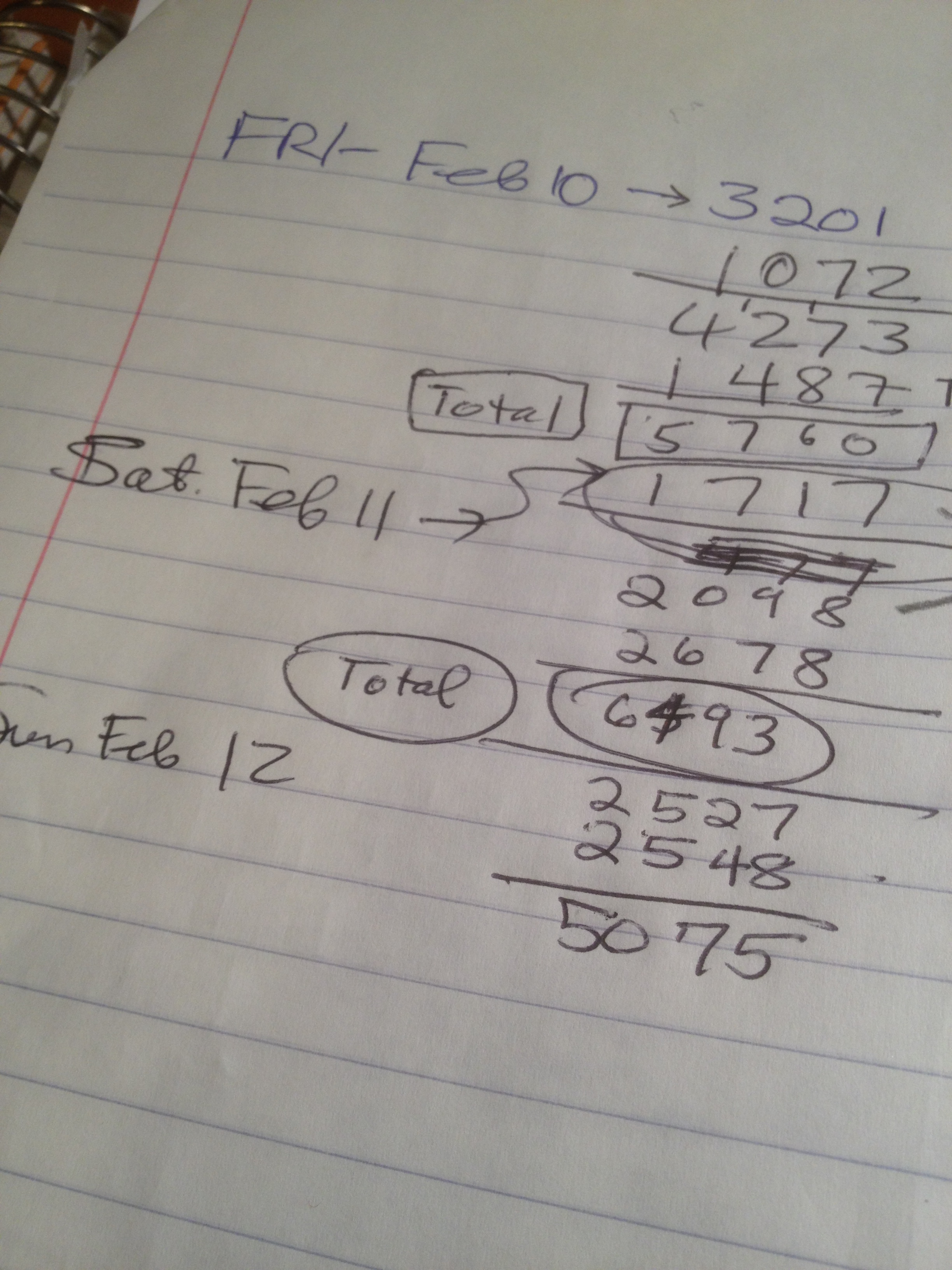Should I Self-Publish My Nonfiction Business Memoir or Find a Traditional Publisher?
Every couple of months I get a letter from someone asking if I’ll ghost-write their book. Typically, my correspondents are white, wealthy, business dudes. They’ve made something of themselves, and they want to share their hard-earned wisdom with the world. They think a book is the ticket, but they have no idea where to start. Someone told them they need a ghostwriter, and they start writing people like me. I got one of those emails recently, but this time it had a more interesting wrinkle. Besides asking about my services, the guy also wondered aloud if he should just self-publish the damn thing, and not bother trying to get a “real” publisher. This was a switch. Here’s why.
Most of the time, these types of authors want the big publisher. They envision their books in the windows of every B&N in the country. They imagine a book tour and an appearance on MSNBC.
By contrast, authors who write for a living know the lay of the land, and know or sense that some form of self-pub is in their future. They’re through being dicked around.
The One-and-Done nonfiction authors like my clients aren’t so cynical. They’re dreaming the dream of being a Best-selling Author, and they are guys who have rarely heard the word No.
Which is why I often think that Traditional Publishing has become the New Vanity Publishing. The Big 5 are enabling a class of “important” people, stroking their egos and acquiring their IP all in the same stroke of a pen.
This guy was thinking more like me. He just needed me to push him over the edge.
Here’s how I responded to him.
***
I get asked for advice on this topic all the time, and now do consulting with business people who want to write their own books, so please bear with me.
It’s been a while since I did the cannabis book you referenced but I am willing to bet that editors at the major publishing houses in NYC will now say that the market for another cannabis memoir is too crowded, so it will be difficult to interest an agent or editor in such a book unless you can blow their minds with your story and the promise that you can sell the living shit out of this book.
What I’m going to say next is an exaggeration, but go with me for a second. Traditional publishers have highly unrealistic notions of success. They don’t think a book is a success if it doesn’t sell 20,000 copies in its first month if not the first week, and hit the bestseller list—even if they have done nothing to market it, as is often the case. If it does do well, they happily take their customary 90 percent of the cover price. You pocket the other 10 percent after your agent takes his or her 15 percent. The percentage is even lower on paperbacks. But guess what? If the book tanks as a hardcover, they won’t put out a paperback. They don’t throw good money after bad.
If you have written your book with the help of a ghostwriter like me, you will have paid the ghostwriter $5,000 to $15,000 to write a book proposal—the sales document that helps your agent sell the book—and given the writer a guaranteed income of $25,000 to $100,000 to write the book, which usually comes out of the advance for the book. If the agent can’t get an advance large enough to pay for the ghostwriter, you, the nominal author, will be responsible for making up the difference. Professional ghostwriters, like the agent, may also take a percentage of royalties for the life of the copyright. The writer’s cut ranges from 25 to 50 percent of your royalties.
Armed with your proposal, it could take you a year to find an agent, a year for the agent to sell the book, and 12-18 months for that publisher to pub your book. Figure 2-3 years on the optimistic side before your book sees the light of day. It’s like hitting the lottery.
So—given all this, you really have to ask yourself why you want to write a book, and if writing this book in particular is really worth your time, energy, and such a huge chunk of your IP. Or is there another book you’d rather write, or something else you’d rather do with your time?
The cheapest thing to do is write the book yourself and self-publish it. You’ll keep a bigger chunk of the money and you’ll have an asset you can give to clients as a way of broadcasting your brand or identity. (i.e., “I’m [REDACTED]. This is who I am. This is how I do business.”) In fact, you could write a whole series of books about your work. Look at someone like Seth Godin.
I know some business people who do TED talks and have launched second careers as speakers. They take their self-pubbed books on the road and sell them at the back of the room and pocket 100 percent of the money, 90 percent if the venue insists on a cut. That’s usually a profit margin guys like this can live with. Giving away your copyright to a publishing house in return for 10 percent of the money—and watching them botch it due to inept marketing/sales is not.
I could go on but I don’t want to bore you. I’m happy to talk for one hour free of charge if I can help you think this through a little. The rules of the real New York publishing world are opaque to the outside world. If I can help someone understand what they’re up against before they set their sights on it, or point them to resources that can help them do the job they want to do, that makes me happy. Feel free to reach out if you want to continue the conversation.
***
We didn’t continue the conversation, but he did end up self-publishing the book via BookBaby, which is known for being among the most expensive self-pub choices out there. I don’t quibble with his decision to publish, just his choice of printer. But he did get his fifteen minutes of fame, making the rounds of the cannabis podcasts, etc. He made the book that suited his audience, goals, and tolerance for bullshit.
Image at top by lil’ old me. Copyright © 2014 Joseph D’Agnese









